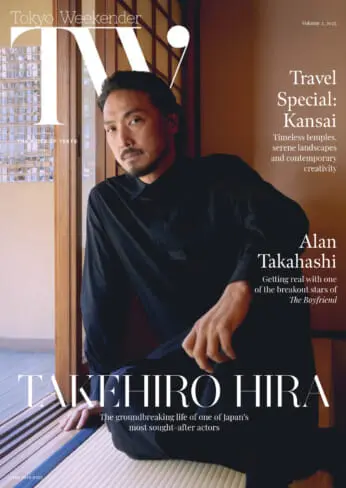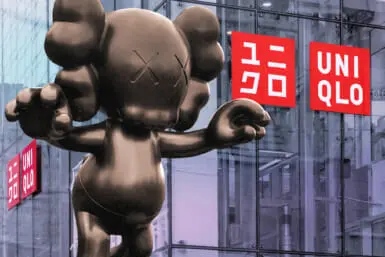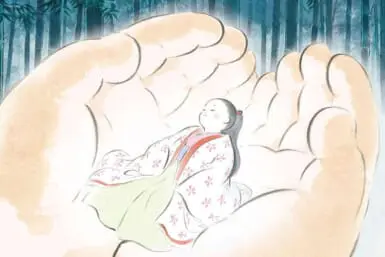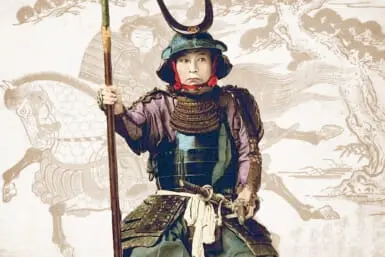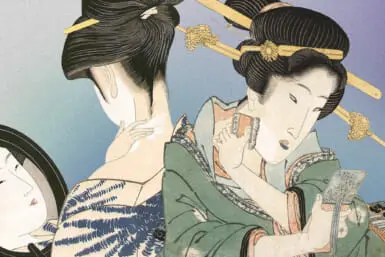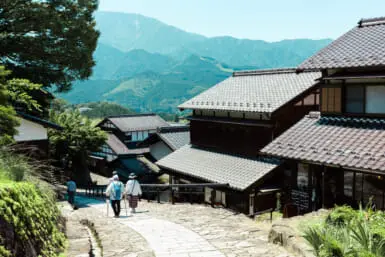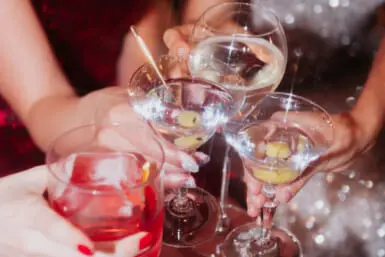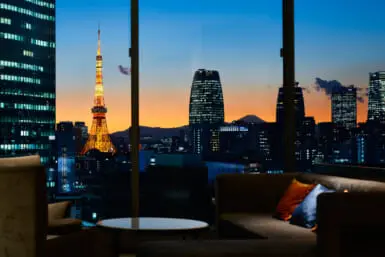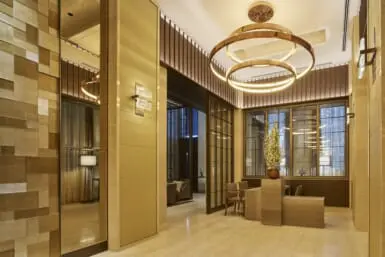Photographer Robert Kirsch opens up about his work – and his inner workings – as he prepares for his first solo exhibition in Tokyo
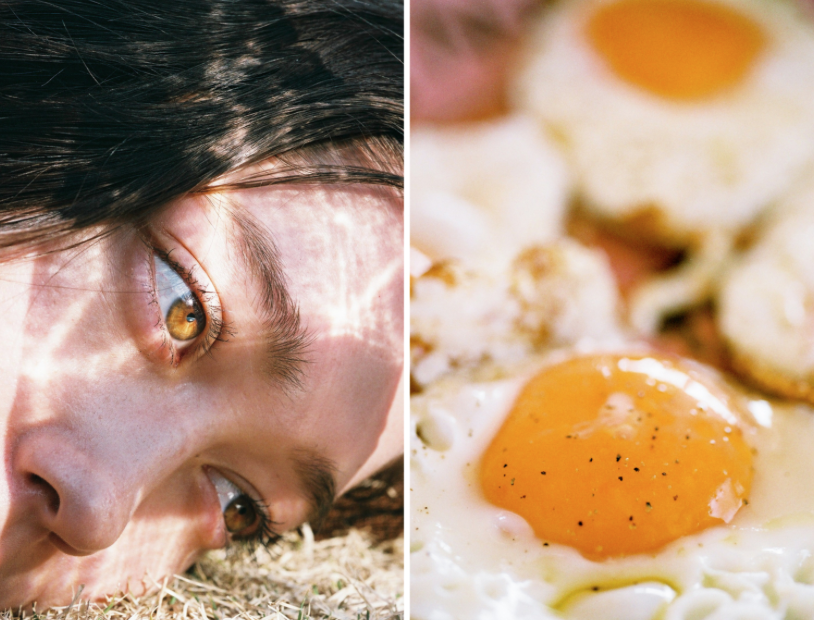
It’s a windless, mild-weathered day in Tokyo when I meet Robert Kirsch at Sidewalk Stand. As I arrive, he is ordering an Americano and chatting to the girl behind the counter like she’s an old friend. It’s a simple act that he carries out on a near daily basis but the 29-year-old German-Filipino has come to find significant meaning in it. “I never felt a sense of belonging before. Not until I moved to Tokyo four years ago and started to feel part of a community,” he explains. “The fact that I can walk down the street in Nakameguro and bump into someone I know, and that I have a local coffee shop where I know the staff is an amazing feeling.”
He’s been thinking about this a lot lately. Partly because he’s generally prone to self-reflection, but also because he’s been planning his first solo exhibition, titled “Reconnect.” The process of curating the images he intends to showcase has taken him on a personal journey during which he’s explored not only what his photographs convey about him but also what contentment looks and feels like.
“This led to me thinking about myself in the future rather than in the present. Kind of like looking for my happiness in the future. I was experiencing a disconnection with myself”
He slides onto the smooth concrete bench outside the café, his eyes as green as a panther’s, and tells me of the gradual epiphany he’s had. “Growing up, I felt a pressure to be successful. Pressure from my dad. My mom, coming from a relatively poor family in the Philippines – she once told me that she literally had to carry her own chair to school – worked her way up and got a scholarship to go to university, so status became really important to her. So I grew up with these two external pressures – seeking success and status. This led to me thinking about myself in the future rather than in the present. Kind of like looking for my happiness in the future. I was experiencing a disconnection with myself.”
Kirsch’s nomadic upbringing surely fed into this sense of disconnect. By the time he was 19, he had lived in three countries (Venezuela, Colombia and Germany), his parents had divorced and his father had left for a job in Brazil. With his mother also having relocated, he was on his own in Wiesloch, near Heidelberg, wondering what to do with his life. He had a vague interest in Japan (his grandparents had previously lived here for several years), so he enrolled in an Asian Studies degree and spent a year as an exchange student at Tokyo’s Sophia University. “I fell in love with Tokyo, so I decided I wanted to come back and live here. Because my family was moving so much while I grew up, I never had a chance to settle and make real connections. Now, I feel like I’ve found a home.”
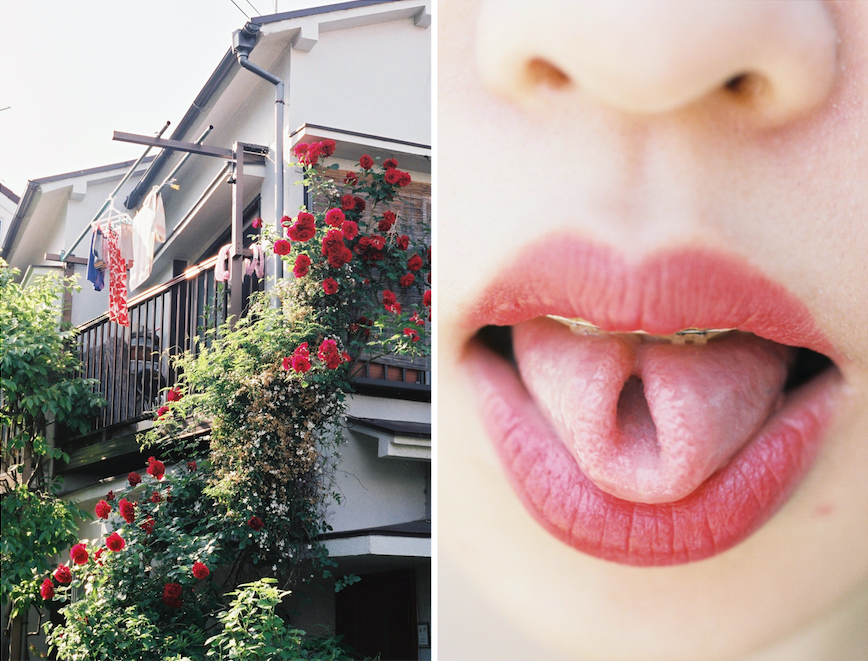
It was social media that helped Kirsch to discover and pursue the passion that would turn into his career. “I was really active on Instagram, so I became part of this photography community. I set myself a goal of taking photos every day for three months and as my following grew, so did my interest.” Eventually, he says, he was completely immersed in learning the art, experimenting with both digital and film (recently, he has begun hand printing his own images because “it’s in the printing that photography truly becomes art”).
Then came a moment Kirsch describes as life changing. He chanced upon the work of Japanese photographer Rinko Kawauchi. Up until that point, he hadn’t pinpointed what his own photography was all about. “When people used to ask me what I look for when I shoot, I would say I just shoot intuitively or based on the feeling I have.”
He realized, though, that there was something missing. A deeper layer of emotion. And in Kawauchi’s images, he found inspiration: “Her photos are kind of like observing everyday life but still finding the beauty in it.”
Kirsch began pairing his images as diptychs, creating an unexpected connection and relationship between two seemingly unrelated photos. The effect is mesmerizing. What was once simply a snowy Hokkaido landscape with figures retreating in the distance is now a world of yearning and hope seen through a pair of blue eyes. Glistening yolky fried eggs transform into a memory of a breakfast shared; perhaps one that will never be shared again. Jacob’s Ladder is that blissful moment when you’ve been snug in an airplane seat for hours and can no longer keep your eyes open.
It’s a format that I’d like to say has become his signature style.
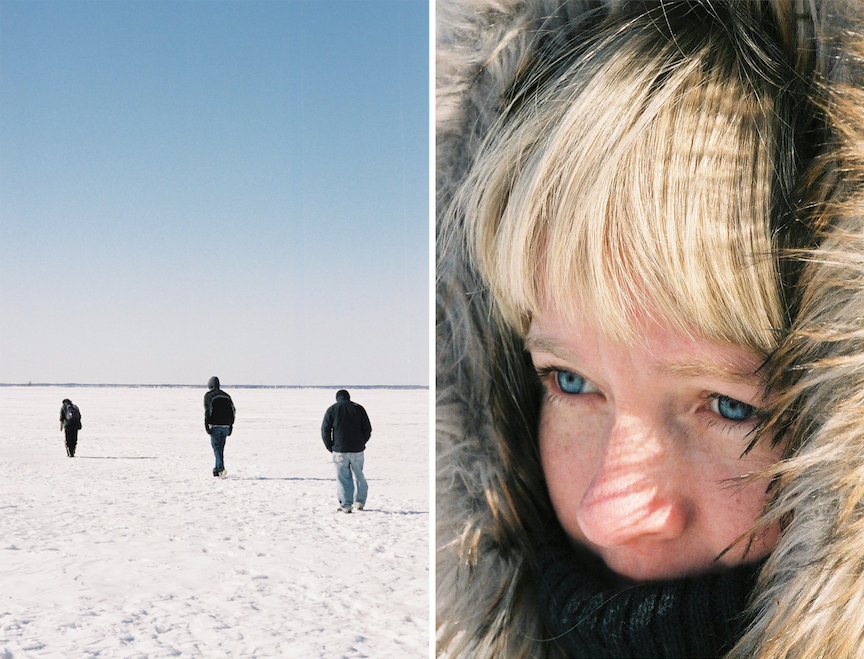
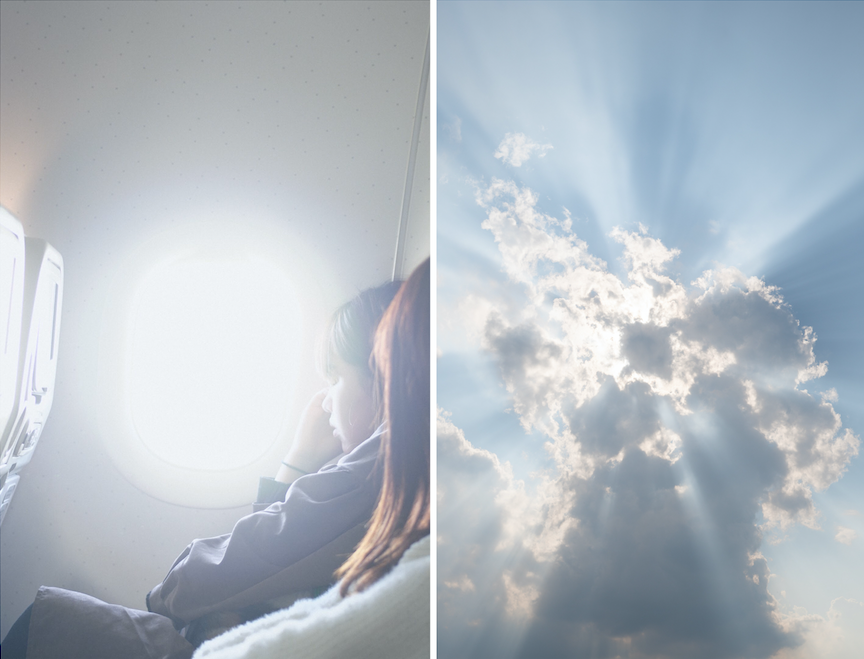
While editing these diptychs and selecting the ones he wanted to include in his exhibition, Kirsch began to notice a commonality between those landing in the “yes” folder. All the photos he was drawn to were shot while he was in the company of people with whom he felt a strong connection. Friends, family, a past lover. “Maybe my subconscious is telling me that I feel happiest or most present when I’m with people [I care about]. That’s when I can actually appreciate things that are happening around me,” he muses. “I could never put into words what my feelings were, but finally I feel like I’ve figured it out. I’m feeling more grounded, and not chasing this image I have of myself in the future, which was really toxic.”
And how does his father feel about his choice of career, I ask, confident there is no question I could pose that Kirsch would not be willing to dissect. “Oh, in the beginning he was horrified,” says the artist. Then, his eyes glowing ever so slightly greener, he grins and says, “But now he’s really proud.”
Robert Kirsch’s solo exhibition, “Reconnect,” will be held from June 21-30 at Hike (1-10-11 Higashiyama, Meguro-ku). For more info, see our events listing.
For more of his work, go to www.instagram.com/robertkirsch
